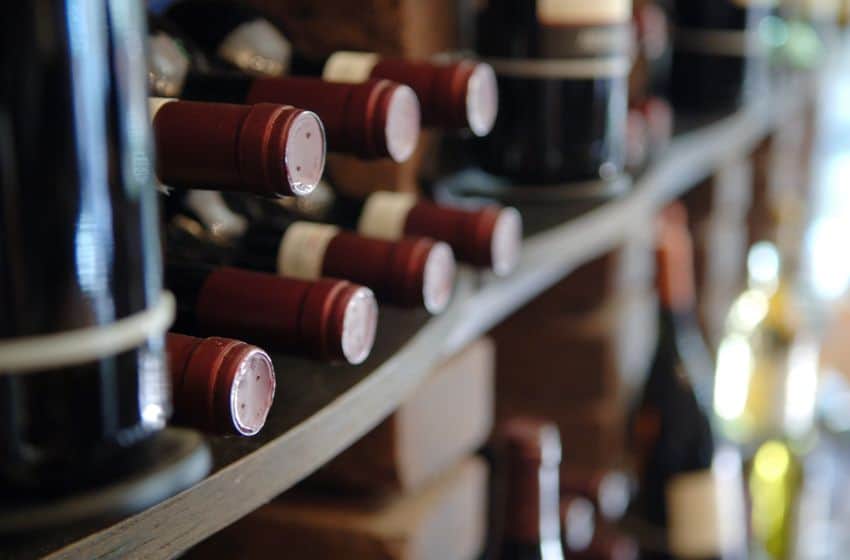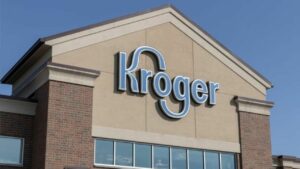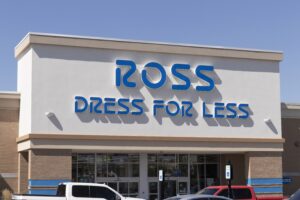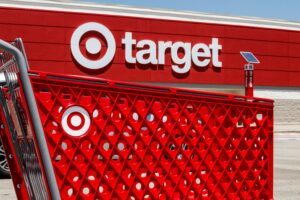
©webphotographeer via Canva.com
May 12, 2025
Will Unicorn Build a New Market for Luxury Wine and Spirits?
The global value of the luxury wine and spirits market is hard to pin down precisely, with Market Research Future suggesting a current worth of $867.9 billion and Coherent Market Insights providing a far more conservative estimate of $273.88 billion.
Both firms also indicated a compound annual growth rate of around 5% over the course of the next few years. But could that growth rate be accelerated by the newest brand on the block? Unicorn has been making waves in the luxury alcohol market, as Forbes contributor Sharon Edelson reported, particularly garnering interest from Gen Xers, millennials, and members of Gen Z.
While the collectible wine and spirits space may have formerly been dominated by the same demographic cohort that also held investments in prestigious art pieces and other priceless (in name only) heirlooms, Edelson suggested that Unicorn is shaking up the space and removing barriers to entry as users buy, sell, trade, and store luxury alcohol through and with it. Unicorn not only provides an online auction platform, but it also offers users the opportunity to store purchases, or inventory, with it in one of the company’s warehouses.
Edelson quoted Phil Mikhaylov, cofounder and CEO of Unicorn, on the company’s vision.
“There really wasn’t a modern tech-forward platform that met the expectations that consumers have pretty much in every other industry. When you think of watches and bags, there’s so many apps out there like the Real Real, but wines and spirits felt exclusive and inaccessible,” Mikhaylov began.
“We saw a real opportunity to build a modern platform that made the entire experience seamless from discovery to purchase to selling to vaulting your collection,” Mikhaylov added. “There’s really three things that we cared about, which is to create a simple, frictionless and accessible platform that we could launch for everyone.”
By the numbers Unicorn is producing, it looks as if there could be something of a renaissance in this business sector. The brand plays host to one to three weekly auctions that attract upwards of 6,000 items and 10 times as many bids. And while established players in the space like Sotheby’s and Christie’s also conduct similar auctions, theirs take place less often, typically every month or two, and are restricted to only the most expensive items.
Unicorn Offers a ‘Digital Cellar’ That Represents Physical Holdings in a Warehouse
Given that collectibles of all kinds drive a significant share of sales for auction platforms — with eBay reporting collectibles as its No. 1 driver of gross market value growth this year, according to Digital Commerce 360 — it’s no surprise that the collecting craze has reached the luxury liquor market. These high-end spirits are increasingly seen not only as prized possessions but also as investment assets, gaining traction as tradable commodities.
Unicorn offers its clients a digital cellar, or a virtual portfolio to be viewed in real-time, which ultimately represents client holdings within one of its warehouses. The company is quite transparent about its pricing model, according to its website, with buyers forking over a 15% premium beyond hammer price in addition to 10.25% sales tax. Sellers will face a 5% commission fee in addition to a flat $5 per bottle fee. Those who elect to vault their wine or spirits with the company are asked to provide contact information for a personalized quote.
Ultimately, the appeal of the digital cellar — and the fun of both viewing and trading the contents within — seems to have captured a young and captivated audience.
“We saw that over [30%] of the bottles that are $100-plus on Unicorn, are coming from the Gen Z and millennial customer base,” Mikhaylov said.
“These buyers are making up the majority of the users on our platform, but they’re also making up the majority of the buyers of the more premium products. They might not want to take possession of their entire collection until they’re ready to settle down, so they can just view that entire collection digitally on their phone,” he concluded.
Discussion Questions
Will U.S. consumers buy into the concept of luxury wine and spirits as collectibles and investments? Why or why not?
Are younger Americans more likely to be wooed by Unicorn’s tech-forward approach to luxury wine and spirits trading, despite fewer men and women of that age reporting interest in alcohol more broadly?
Is the “democratization” of investing in luxury retail products an opportunity for brands to cash in? Which names are best positioned to leverage their established cache?
Poll
BrainTrust
Neil Saunders
Managing Director, GlobalData
Georganne Bender
Principal, KIZER & BENDER Speaking
Gary Sankary
Retail Industry Strategy, Esri
Recent Discussions







This sounds like a great solution for those who are serious about wines and spirits, especially for younger enthusiasts who will appreciate the technology. That said, by conventional standards this will serve a niche market. I also don’t think it has quite the cachet of Berry Bros & Rudd, which has over $1.3 billion worth of bottles under management – but then since they were founded in 1698, they do have something of a head start!
The market for luxury wine and spirits as collectibles and investments is growing, driven by increasing consumer interest in unique and rare products. Rising wealth among high-net-worth individuals has led to a demand for alternative assets that offer both enjoyment and financial returns.
The growing culture of wine and spirits appreciation also boosts demand for exclusive labels.
Younger Americans are turning to alternative investments to diversify beyond traditional options like stocks and bonds.
Comfortable with technology and digital platforms, they are more likely to embrace innovative approaches. Their preference for unique products and experiences aligns with the appeal of luxury wine and spirits as both a lifestyle statement and a smart investment.
This idea may have legs, but Unicorn’s timing seems unfortunate.
Anyone paying attention to current trends in alcohol consumption, especially among younger consumers, would and should be pretty skeptical about developing a premium market for collectible bottles. The constant barrage of stories about how even “one drink is too many” has landed with younger consumers.
Maybe the premium market has more staying power? I don’t have a good feeling about this given the buy-in requirements for posh bottles and declining interested in the liquor category.
Leave it to the younger generations to find new ways to acquire luxury items. Viewing my wine collection on an app doesn’t sound like much fun to me.